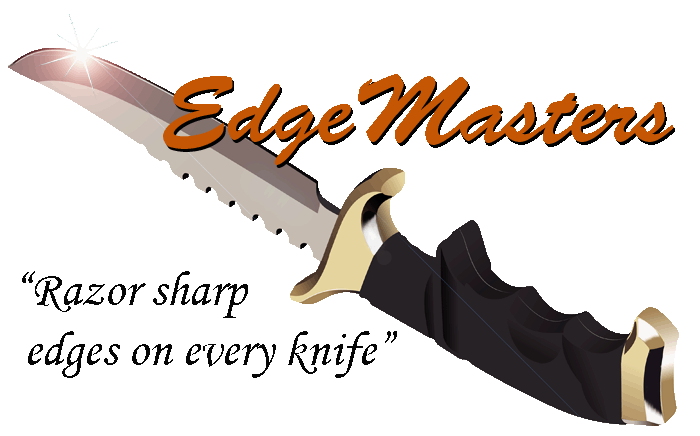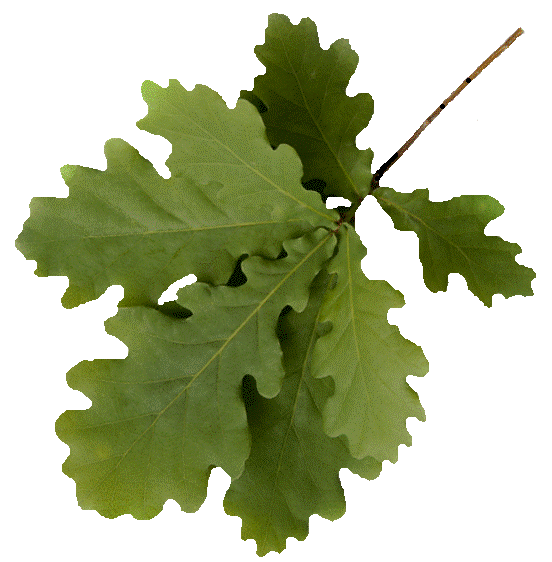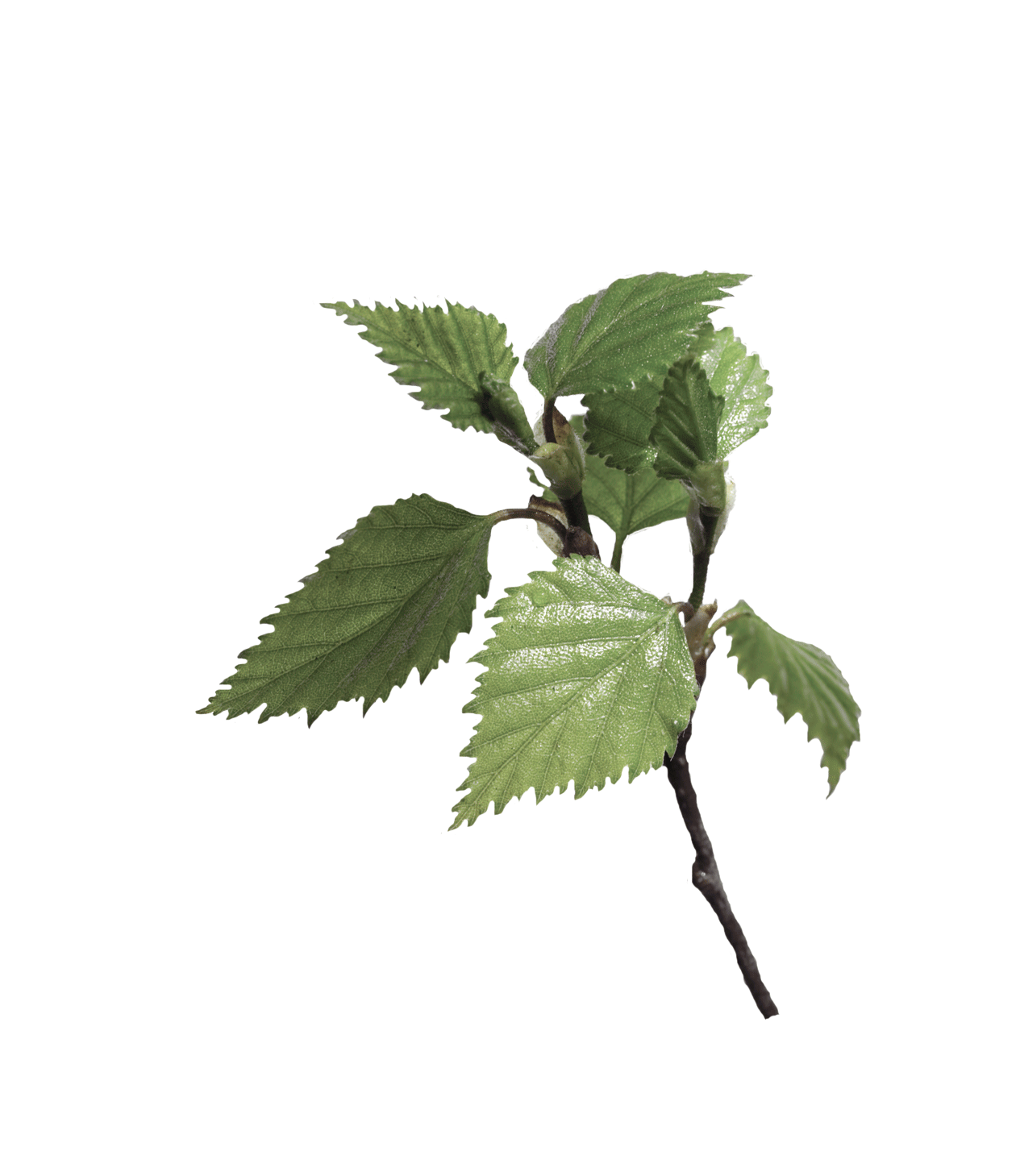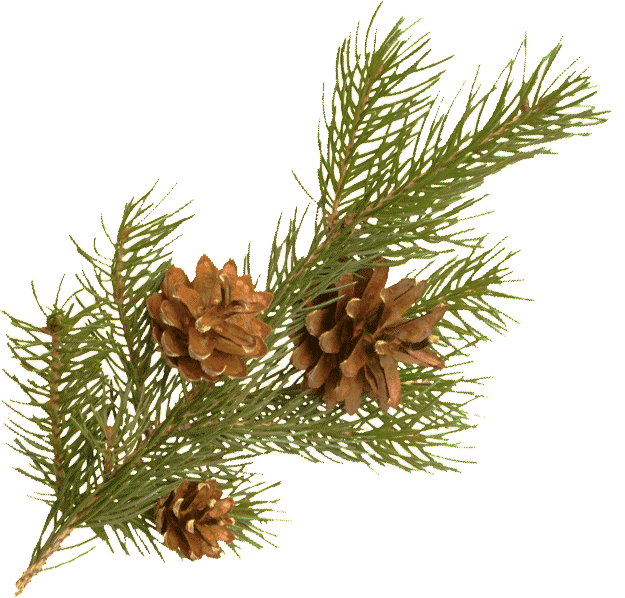EdgeMasters - Japanese Water Stones
Proverbs 27:17 "As iron sharpens iron, so one man sharpens another."
Japanese Water Stones
The Japanese have traditionally used sharpening stones that are lubricated with water. Since they have been doing this for many hundreds of years, it is obvious that the first stones were naturally occurring. The geology of Japan has provided a type of stone which consists of very fine silicate particles in a clay matrix. This is somewhat softer than Novaculite.
Japanese stones are also sedimentary. The most well-known are typically mined in the Narutaki District just north of Kyoto. These softer stones have a few advantages over harder stones. Because they are softer they do not become glazed or loaded with the material they are sharpening. The new particles are constantly exposed as you work with them which help them continue to cut consistently. Secondly, they can be lubricated with water (rather than oil, which can ruin the stone) so nothing but water is required. Finally, because they are soft, the worn material and the water form a slurry that in work in conjunction with the stone to sharpen and polish the blade.
The disadvantage to the Japanese water stones is that they wear out faster than other types of sharpening stones, although this makes them easier to flatten.Historically, there are three grades of Japanese sharpening stones: the ara-to, or "rough stone", the naka-to or "medium stone" and the shiage-to or "finishing stone". There is also a fourth type of stone, the nagura, which is not used directly. Instead, it is used to form a cutting slurry on the shiage-to, which is many times too hard to create the necessary slurry.
Converting these names to absolute grit size is difficult since the classes are broad and natural stones have no inherent "grit number". As an indication, ara-to is probably (using a non-Japanese system of grading grit size) 500–1000 grit. The naka-to is probably somewhere between 3000–5000 grit and the shiage-to is likely in the 7000–10000 grit class. Current synthetic grit values range from very coarse, such as 120 grit, to extremely fine, such as 30,000 grit (less than half a micron abrasive particle size).
Professional Knife Sharpening
719-475-8553








